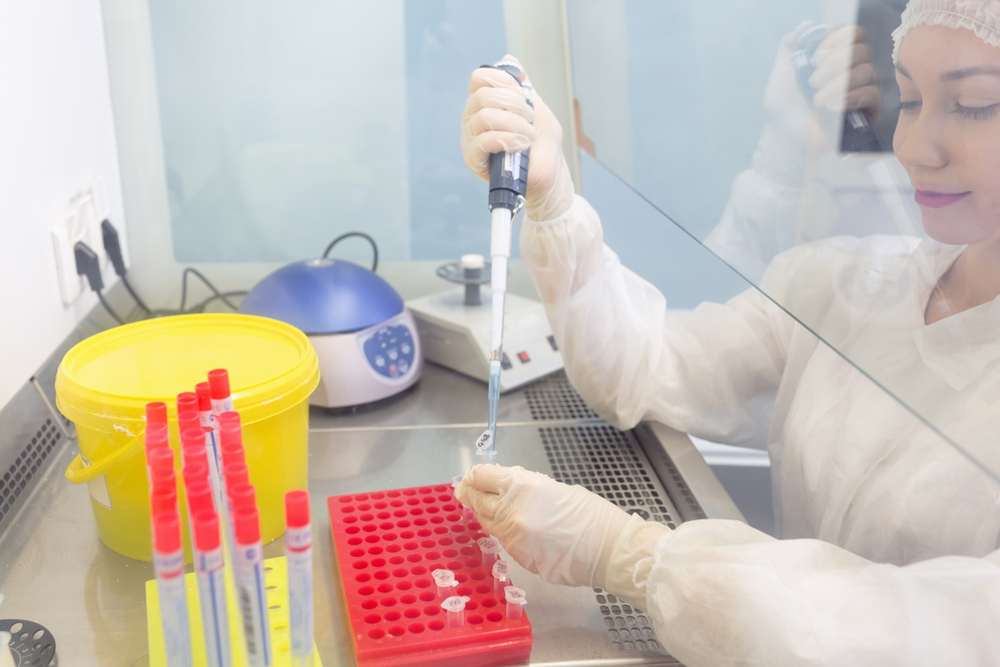Essential Steps for Confirming Huntington's Disease Diagnosis
Learn the comprehensive steps involved in diagnosing Huntington's disease, from neurological and psychiatric assessments to advanced genetic testing. Early diagnosis is essential for managing symptoms and planning treatment. This guide explains where and how to get tested, including options for prenatal and predictive assessments, ensuring patients have informed access to necessary healthcare services.

Essential Steps for Confirming Huntington's Disease Diagnosis
Motor disturbances like involuntary movements, sensory issues affecting vision and eye movements, and psychiatric symptoms such as mood swings and cognitive decline characterize Huntington’s disease. Unfortunately, there’s no cure for this inherited disorder. Accurate diagnosis, however, is critical for managing symptoms and making informed decisions. Diagnosis involves a series of assessments before genetic testing is considered necessary. Understanding the testing process and available options can help patients and families navigate the journey effectively.
Starting with a visit to a neurologist is common. During this initial evaluation, the neurologist will assess:
Muscle strength, reflex response, coordination, and balance
Motor symptoms such as involuntary limb movements, twitching, restlessness, and changes in coordination
Sensory functions like vision, eye movements, hearing, and touch sensation
From there, a referral to a mental health specialist may follow. Since Huntington’s can impact mood, cognition, and perception, a psychiatric assessment is essential to evaluate:
Memory, behavior, thought processes, language skills, and spatial awareness
Judgment capacity and possible signs of thought disorders
Further confirmation involves brain imaging scans, which help visualize affected regions of the brain, primarily the cortex and basal ganglia. These areas are responsible for cognitive functions and movement coordination. For those with a family history, genetic testing offers predictive insights, although it cannot specify when symptoms will develop or influence treatment options. Such testing requires specialized centers equipped with counseling services. Prenatal testing is also available through procedures like chorionic villus sampling and amniocentesis, enabling early detection of inherited risk. Proper genetic counseling is advised before undergoing these tests.
In summary, diagnosing Huntington’s disease involves neurological and psychological evaluations, brain imaging, and genetic testing in specialized facilities. Awareness of these steps can aid in timely diagnosis and informed decision-making for affected individuals and their families.
Disclaimer: Our platform provides comprehensive insights across various subjects for educational purposes. While efforts are made to ensure accuracy, this information should not replace professional medical advice. We recommend consulting healthcare professionals for diagnosis and treatment options.










